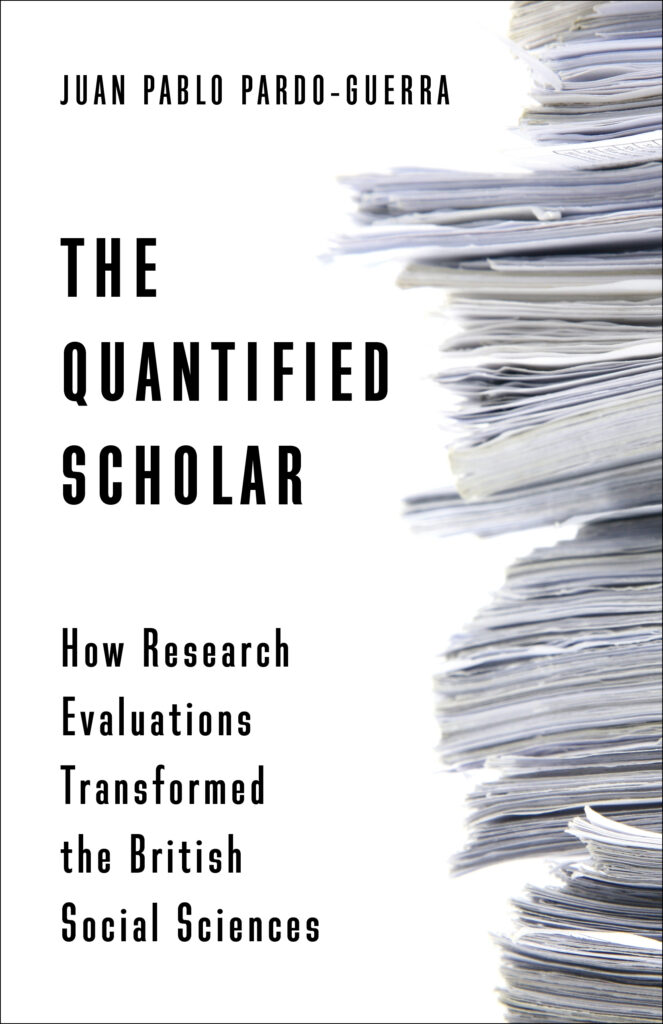
What happens when we systematically measure the quality of knowledge in academic settings? For thousands of scientists across the United Kingdom, the answer is dishearteningly close to their hearts: measured and quantified knowledge becomes more similar and homogeneous, eroding the organizational and epistemic diversity of their fields over time.
This is what I find in my recently published book The Quantified Scholar: How Research Evaluations Transformed the British Social Sciences. Focusing on the evolution of four disciplines (anthropology, economics, political science, and sociology) I find that a specific way of measuring the quality of knowledge—periodic country-wide assessments of Britain’s public universities—has resulted in more homogeneous disciplines, both in terms of their organization and their content.
Continue Reading…